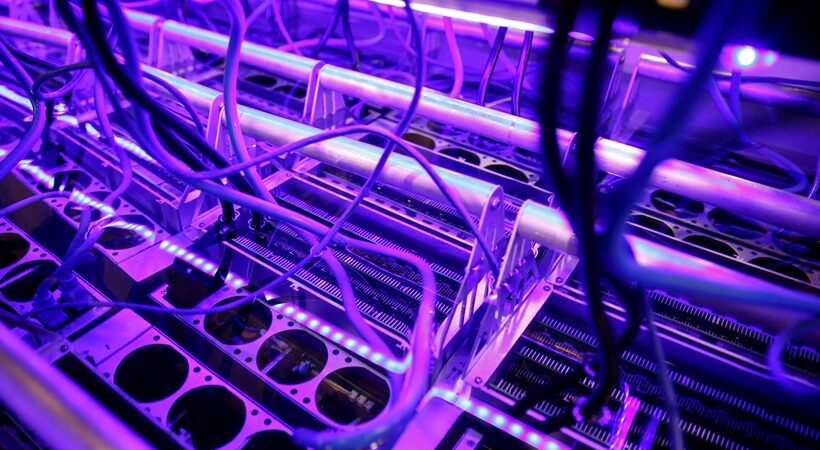Blockstream, a cryptocurrency storage firm, and Block Inc. (previously Square), a Bitcoin (BTC) mining startup, announced the development of a solar-powered Bitcoin (BTC) mining facility in Texas on Friday. According to Blockstream, the mining location will be equipped with a 3.8 megawatt (MW) solar photovoltaic cell array and a 12 megawatt-hour (MWh) Megapack.
Block and Blockstream will mine bitcoin with the aid of Tesla’s Texas-based technology:
Megapack is a strong lithium-ion battery manufactured by Tesla Energy that provides energy storage and support. Hut 8 Mining is one of the most well-known publicly-traded Bitcoin mining businesses, with a total contractual mining capacity of over 209 MW. The project’s goal is to see if it’s possible to run a Bitcoin mine that produces no emissions. Blockstream and Block began working together on the project in June of last year, with Block planning to contribute $5 million to its development.
The Blockstream and Block teams will establish a publicly available dashboard to report on the project’s profitability and the physical construction. Power output, the amount of Bitcoins mined, storage performance, overall uptime, expenditures, and return on investment will all be important variables to track. It will be accessible from any browser 24 hours a day, seven days a week.
While solar Bitcoin mining is technically carbon-neutral, cryptocurrency enthusiasts have a considerable debate regarding its feasibility. Even when factoring near-free power prices and recycling extra energy during peak sunny hours, Braiins, the world’s oldest Bitcoin mining pool, presented a feasibility report on utilizing solar energy to mine Bitcoin in June 2021 and determined that it was not economical.
Kristian Csepcsar, Braiins’ chief marketing officer, is an outspoken opponent of solar Bitcoin mining, claiming that established measures for evaluating its “environmental friendliness” don’t account for elements like the generation of “brutally” hazardous chemicals during solar panel manufacture.



















